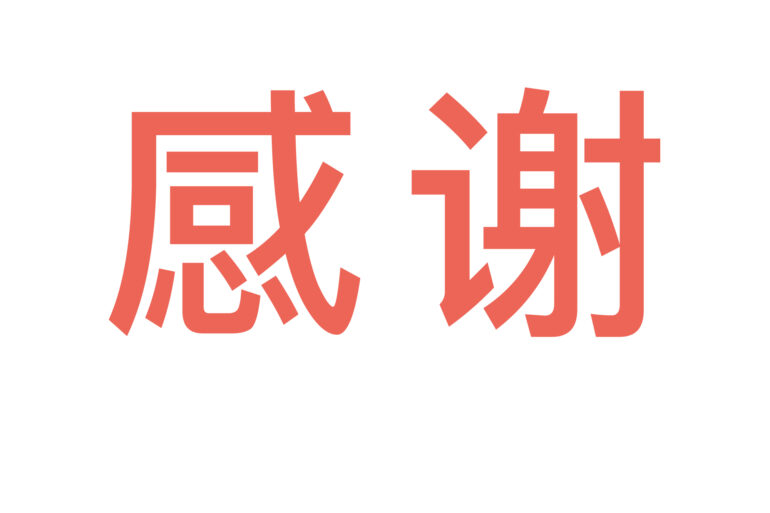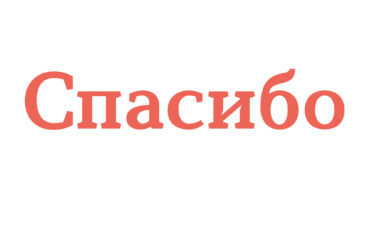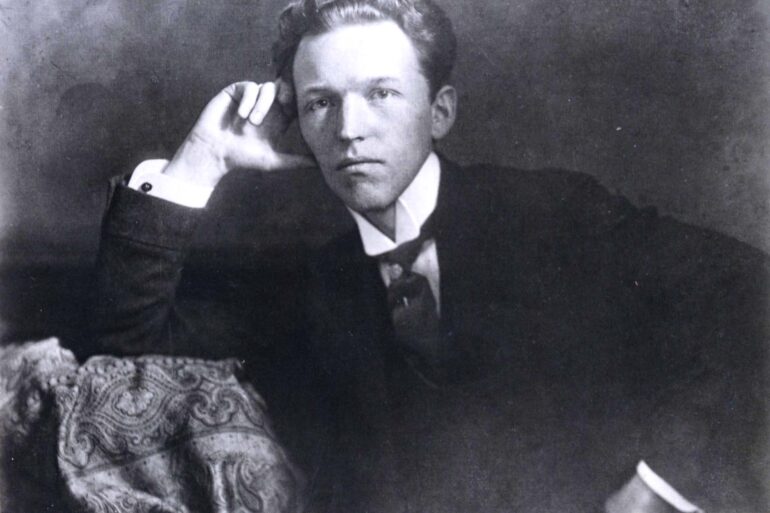Oskar Schmiedel (1887–1959) was the first to conduct research on Rudolf Steiner’s family. He personally visited descendants of the Blie...
If you are looking to express gratitude in English, a superficial ‹thanks› quickly comes to mind. If you are being...
When writing in Chinese, one uses ‹感(gǎn)谢(xiè)› or colloquially ‹谢(xiè)谢› to express gratitude. ‹感(gǎn)› means ‹feel› and its subpart ‹心› is an image of the heart. Thus, in Chinese culture, one first expresses gratitude through feeling or from the heart. When speaking, one uses a double ‹谢(xiè)›, which soothes and...
When asked to comment on the word ‹thank you› in my native language, Russian, I was quickly torn between two...
In Arabic, ‹shukran› stands for the German word ‹danke›. However, ‹shukran› is not sufficient to express every form of gratitude...
In India, ‹Dhanyawaad› is the word closest to the German word ‹Danke›. It means ‹I feel deep gratitude›. Accordingly, it is rarely used. In India, I feel that it’s a matter of course to do things for each other without having to explicitly say thank you. It is facial expressions...
«We are all players aboard the ship Earth, and we must not allow it to be destroyed. There will be...
Marginalia on Rudolf Steiner’s Life and Work No. 22 – The Sister had the works of her famous brother read...
The book ‹Bridge Over the River› is well known in Anthroposophical circles. It contains the communications of the late Sigwart of Eulenburg from the afterlife. It’s less well known that he was indeed an important composer during his lifetime. Johannes Greiner, a co-worker in the Section for the Performing Arts,...
He wrote that his reading was «the light of heaven,» «the deepest book there is.» Christian Bobin did not die....
The French philosopher and ecologist Bruno Latour died on October 9th. His work and thinking made a decisive contribution to...













Letzte Kommentare